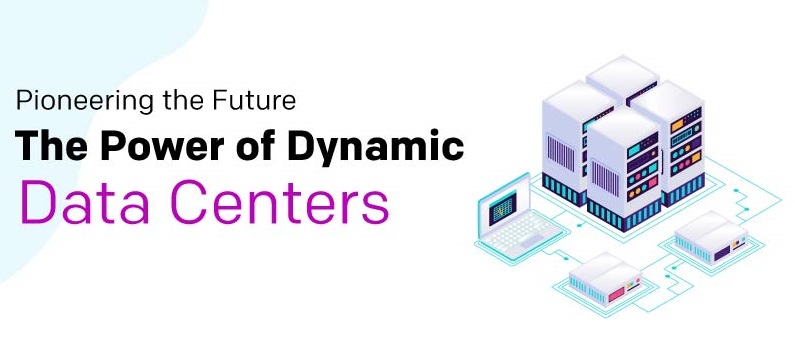ntroduction:
In an era marked by increasing environmental awareness and social responsibility, sustainable business practices have become a cornerstone for companies aiming not only to make a profit but also to make a positive impact. This article explores the evolving trends in sustainable business, highlighting key strategies and initiatives that are shaping the future of responsible corporate practices.
- Circular Economy Integration:
A shift toward a circular economy is gaining momentum as businesses recognize the importance of minimizing waste and maximizing resource efficiency. Companies are exploring innovative ways to design products for longevity, promote recycling, and reduce their overall environmental footprint. Embracing a circular economy model not only benefits the planet but also presents opportunities for cost savings and enhanced brand reputation.
- Renewable Energy Adoption:
As the global focus on mitigating climate change intensifies, businesses are increasingly turning to renewable energy sources. Adopting solar, wind, and other renewable energy solutions not only contributes to a reduction in greenhouse gas emissions but also provides long-term economic benefits through lower energy costs and increased energy independence.
- Supply Chain Transparency:
Consumers are becoming more conscientious about the origins of the products they purchase, driving businesses to enhance supply chain transparency. Companies are investing in technologies like blockchain to trace the journey of products from raw materials to end-users, ensuring ethical sourcing practices, fair labor conditions, and minimal environmental impact throughout the supply chain.
- Social Impact Initiatives:
Sustainable business practices extend beyond environmental considerations to include social impact. Companies are increasingly integrating philanthropy, community engagement, and social responsibility into their core values. Whether through charitable donations, employee volunteer programs, or partnerships with non-profit organizations, businesses are aligning their operations with initiatives that positively impact society.
- Biodiversity Conservation:
Protecting biodiversity has emerged as a focal point for businesses seeking to address their impact on ecosystems. Companies are implementing biodiversity conservation strategies, such as sustainable land use practices, habitat preservation, and responsible sourcing of raw materials. These initiatives not only contribute to ecosystem health but also safeguard the long-term availability of essential resources.
- Carbon Neutrality Commitments:
Acknowledging the urgency of addressing climate change, businesses are making commitments to achieve carbon neutrality. This involves measuring, reducing, and offsetting carbon emissions through various strategies, including energy efficiency measures, transitioning to renewable energy sources, and investing in carbon offset projects. Carbon neutrality goals demonstrate a company’s dedication to environmental stewardship.
- Green Innovation and Eco-Friendly Products:
Innovation is at the forefront of sustainable business practices, with companies actively developing eco-friendly products and services. This includes the use of sustainable materials, energy-efficient designs, and the incorporation of environmentally conscious practices into product life cycles. Meeting consumer demand for green alternatives not only drives competitiveness but also fosters a culture of innovation.
- Employee Well-Being and Diversity:
Sustainable business practices extend to the well-being and diversity of the workforce. Companies are prioritizing employee health, mental well-being, and creating inclusive workplaces. By championing diversity and fostering a positive work culture, businesses not only enhance their social impact but also improve employee satisfaction, retention, and overall productivity.
Conclusion:
The evolution of sustainable business practices reflects a growing awareness of the interconnectedness between business operations, the environment, and society. By embracing circular economy principles, adopting renewable energy, ensuring supply chain transparency, engaging in social impact initiatives, supporting biodiversity conservation, committing to carbon neutrality, driving green innovation, and prioritizing employee well-being and diversity, businesses can play a pivotal role in creating a more sustainable and equitable future. These trends not only respond to the current societal and environmental imperatives but also position companies as leaders in a responsible and forward-thinking global economy.










